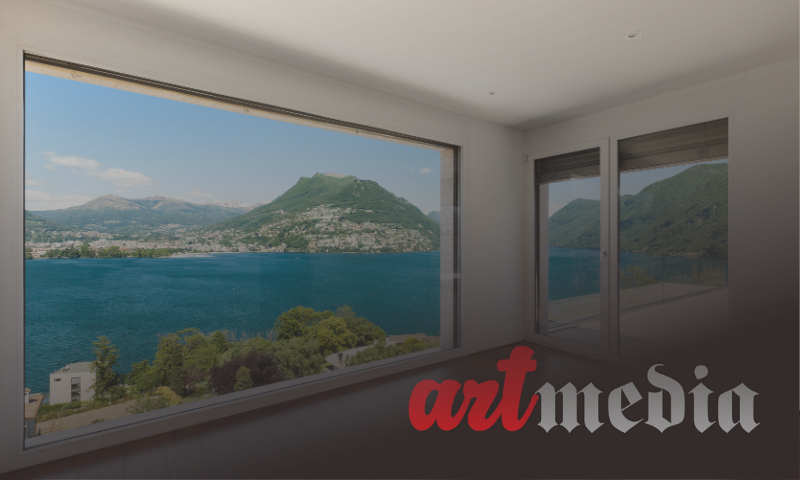
Open-concept homes have become a popular trend in modern interior design. This concept combines the living room, dining room and kitchen into one open area, creating a seamless flow of space and maximizing interaction between residents. In this comprehensive guide, we will discuss strategies and essential elements for designing and maximizing the interior design of an open-concept home.
I. Understanding Open House Concept
An open-plan home creates a spacious and open space, allowing airflow and natural light to fill the entire area. Restrictive walls are removed or minimized, creating a freer interaction between rooms.
II. Consistent Color Scheme Selection
It is important to choose a consistent color scheme for the entire open space. Neutral colors are often the top choice, giving the impression of a larger space and providing a suitable backdrop for decor elements.
III. Efficient Furniture Arrangement
In an open-plan home, the furniture arrangement should allow for a smooth flow between the living room, dining room, and kitchen. Use furniture that is well-proportioned and adjust its size to the size of the room.
IV. Choosing Flexible Room Dividers
Although an open-plan home removes most of the walls, there are moments where you may want to separate certain areas to create privacy or accentuate certain functions. The use of furniture or design elements such as open bookshelves or curtains can provide flexible separation.
V. Consistency of Materials and Finishes
It is important to consider materials and finishes that are consistent throughout the open space. This includes flooring, walls, and design elements such as tables and kitchen islands. This consistency creates a harmonious visual flow.
VI. Optimal Kitchen Functionality
The kitchen is the main focus in an open-plan home. Make sure it is well designed, with ample storage options, easy access to cooking utensils, and ample countertops for cooking and food preparation.
VII. Optimizing Lighting
Lighting is a key element in an open-plan home. Use a combination of natural and artificial lighting to create a warm and cozy atmosphere. Consider special lighting in the kitchen and dining area to enhance the function of each area.
VIII. Integration of Outdoor Spaces
If the open-plan home has access to a garden or backyard, consider integrating the outdoor space into the design. Sliding doors or large windows can open up the outdoor space to the outside area, creating a unified flow between indoors and outdoors.
Conclusion
Interior design for an open-concept home allows creativity to come into play in creating a space that is functional, aesthetically pleasing and flows beautifully. By considering elements such as a consistent color scheme, the right furniture selection, and optimal lighting, you can optimize the potential of your open home to create an alluring and inviting environment to live in.
 Apptech Channel trading 'll be easier
Apptech Channel trading 'll be easier
